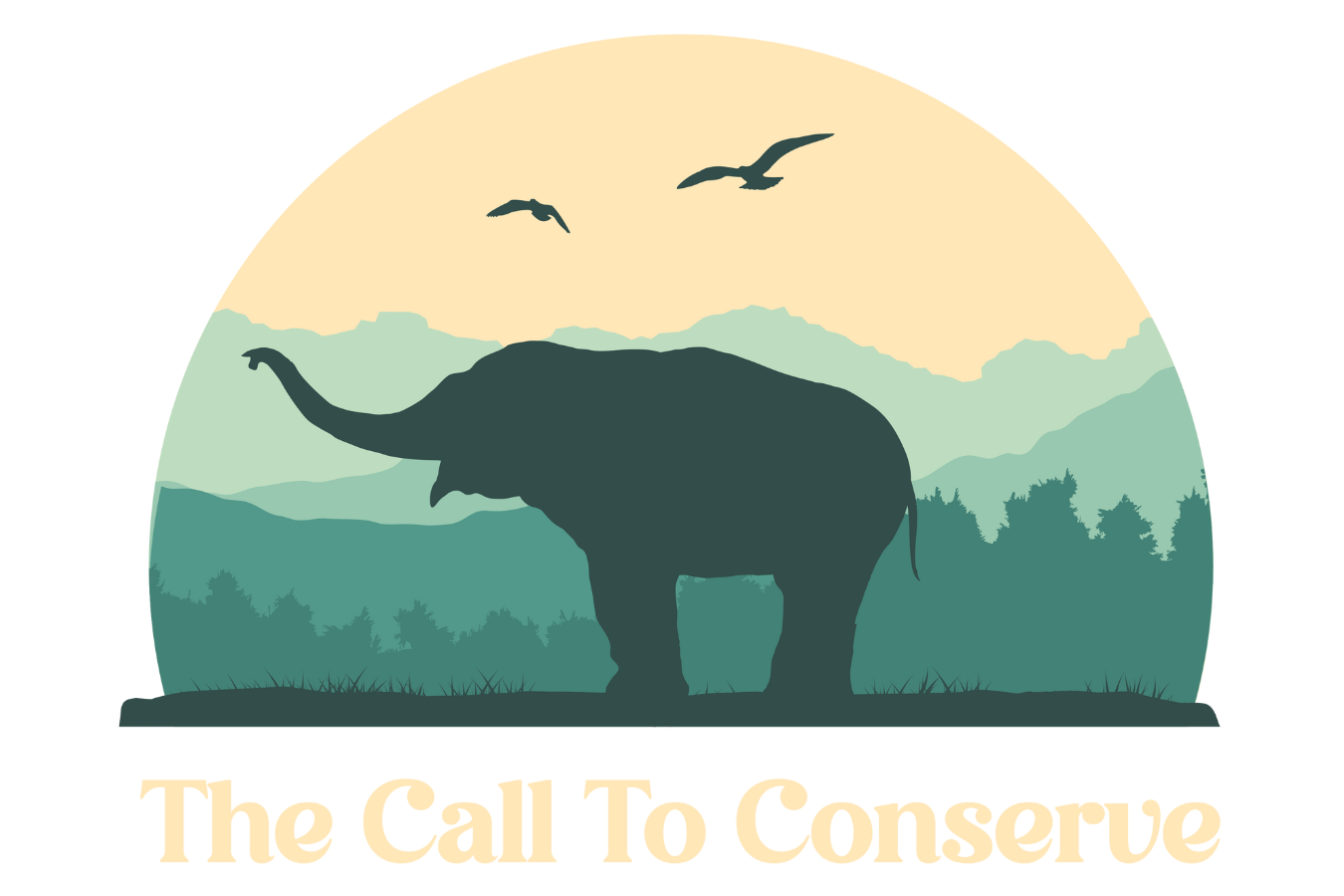The Privileges of Environmentalism
Not everybody is able to make choices with the planet in mind, either because the alternatives do not exist where they live or because they do not have the resources. Depending on where you live, you may feel the privilege of making earth-minded choices or you may be stuck wishing you could make more of a positive impact. However, without seeing the gap here, we’re often quick to judge people based on their plastic use, chemical use, dietary choices, or unsustainable habits.
Let’s cover a couple examples, first…
Elitism in Vegan Culture
This is a big one for me because I am so proud of my ability to have a voice about the things I want to see in this world based on my consumer habits. With that said, I have spent time in many countries and regions where eating plant based is a huge privilege that most do not have.
It is not always because people don’t want to eat plant based, but because they simply do not have access to affordable and high quality foods. Therefore the only way they can sustain themselves and their family is by consuming more animal products.
For a long time now the culture around veganism has been accompanied by expensive restaurants and fancy alternatives that you can only find at high end grocery stores. For those who do not have access to these things to get put down for not eating more plant based is failing to see the elitism that we’ve built up around this lifestyle.
One of the reasons I like to use the term “plant based” rather than “vegan” when defining my own preference is because of the elitism that can often accompany the word vegan. While I commend anybody doing things to better the health of the environment and the welfare of animals around the world, it’s important not to create exclusivity to the point where the mission gets lost in the messaging.
The Plastic-Free Movement
There are many regions of the world that are a few years behind large developed countries when it comes to products and innovation. Many first world countries are trying to walk away from plastic usage and use more natural products, while less developed or more remote areas are just starting to realize the convenience of chemicals for cleaning and plastic bottles on the go.
While it can be frustrating seeing plastic pollution and the use of single use products rather than reusable items, in many regions of the world these items are not accessible or affordable. Even in most first world countries these items are so expensive that the majority of the population is unable to make more earth-minded choices as consumers! Until the price tag on sustainability goes down, we cannot expect to see major shifts around the world and being able to coin yourself as “sustainable” or “plastic-free” will be exclusively for those with the resources and privilege to act on their concern about the planet.
Why privilege in environmentalism matters
While not all of us will have the opportunity in our lives to travel into the deepest jungles on earth and experience different cultures, we cannot forget that they are there. For those living in first world countries, it’s important to remember that what’s normal and obvious in a developed country may be the biggest struggle for a less developed country. The problem is many conservationists and environmentalists approach solutions from the first world country perspective. Looking at the solutions that work in regions with plenty of resources to get the job done.
The majority of the campaigns that tell people to go vegan, use less plastic, and be zero waste originated in large first world countries where doing these things is more realistic for much of the population. Don’t get me wrong, I love these campaigns and participate in them! The issue comes when we try to push these same practices and campaigns into rural communities and underdeveloped regions of the world where these seemingly simple solutions are impossible.
If we truly want to make change in our world, we need to break out of the one-size-fits-all mindset. If you have the resources to be vegan and not use any plastic, amazing. The world needs people who can go all in. But the world also needs more compassionate people offering a wider range of solutions to those who cannot go all in. Loving the planet and all the creature on it is something all humans can share, being able to act on that love is something that comes with privilege.
